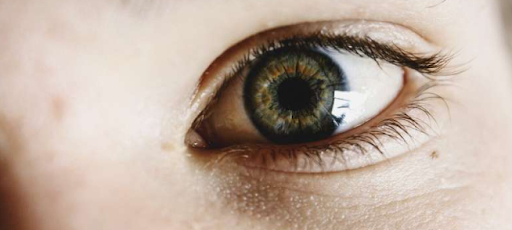
Amblyopia, commonly known as 'lazy eye,' is a condition that affects millions of children worldwide, impacting their vision development during childhood. While the consequences of amblyopia on visual acuity have been well-documented, a recent study conducted by researchers at University College London (UCL) sheds light on a potential link between childhood amblyopia and increased risks of serious health conditions in adulthood.
Published in eClinicalMedicine, the study examined data from over 126,000 participants aged 40 to 69 years old from the UK Biobank cohort. Researchers analyzed participants' medical history, ocular health, and various health parameters, such as BMI, blood glucose levels, and cholesterol levels. The results revealed a concerning association between childhood amblyopia and a higher likelihood of developing hypertension, diabetes, obesity, and an increased risk of cardiovascular events like heart attacks in adulthood.
While the study highlights a correlation between childhood amblyopia and adult health risks, it's essential to note that the research does not establish a causal relationship between the two. However, the findings suggest that individuals who experienced amblyopia during childhood may face heightened health risks later in life.
Amblyopia is a neurodevelopmental condition that affects the coordination between the brain and the affected eye, resulting in reduced vision. The study suggests that this disruption in visual development during childhood may have long-term implications for overall health. While the exact mechanisms remain to be fully understood, researchers speculate that factors such as lifestyle behaviors, genetic predispositions, and physiological changes may contribute to the increased health risks observed in adults with a history of childhood amblyopia.
The findings underscore the importance of early detection and intervention for childhood amblyopia. Routine vision screening in early childhood plays a crucial role in identifying and addressing vision-related issues promptly. By diagnosing and treating amblyopia early, healthcare professionals can potentially mitigate the long-term health risks associated with the condition.
Parents and caregivers play a vital role in promoting their children's eye health and overall well-being. Understanding the potential implications of childhood amblyopia on future health outcomes can empower families to prioritize healthy lifestyle choices and preventive measures from an early age.
The study's authors emphasize the broader implications for child health and advocate for policies and initiatives that prioritize the well-being of children. Addressing the underlying factors contributing to childhood amblyopia and promoting comprehensive healthcare strategies can help lay the foundation for healthier outcomes in adulthood.
While further research is needed to fully elucidate the mechanisms underlying the association between childhood amblyopia and adult health risks, the study underscores the importance of holistic healthcare approaches that address both ocular health and overall well-being from early childhood through adulthood. By raising awareness of the potential long-term consequences of childhood amblyopia, healthcare professionals and policymakers can work towards improving health outcomes and quality of life for individuals affected by this common vision disorder.
Publish Time: 17:40
Publish Date: 2024-03-11